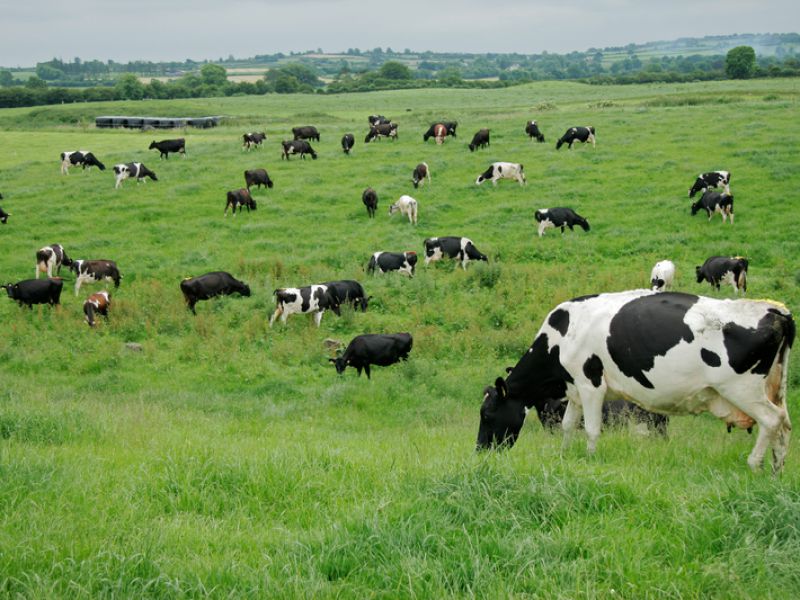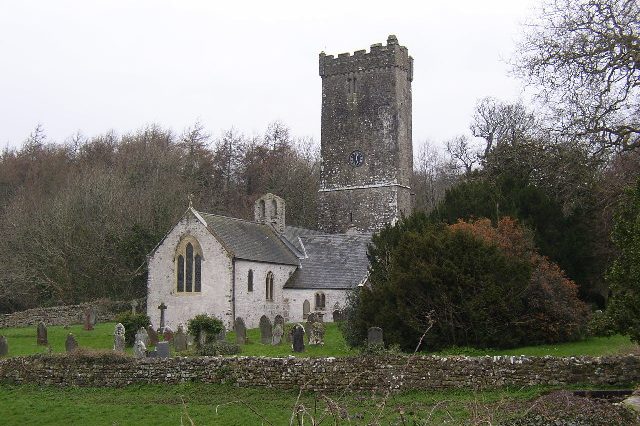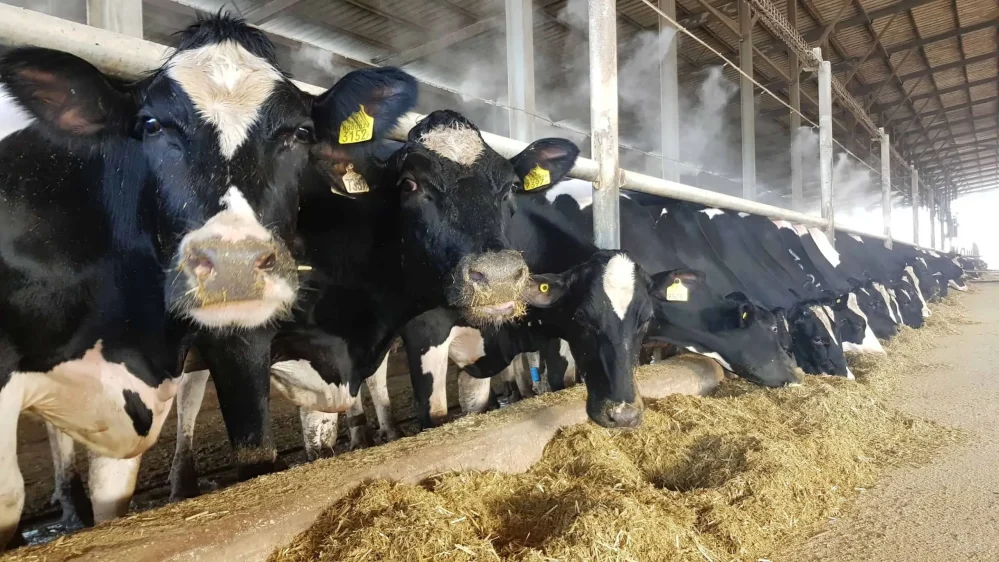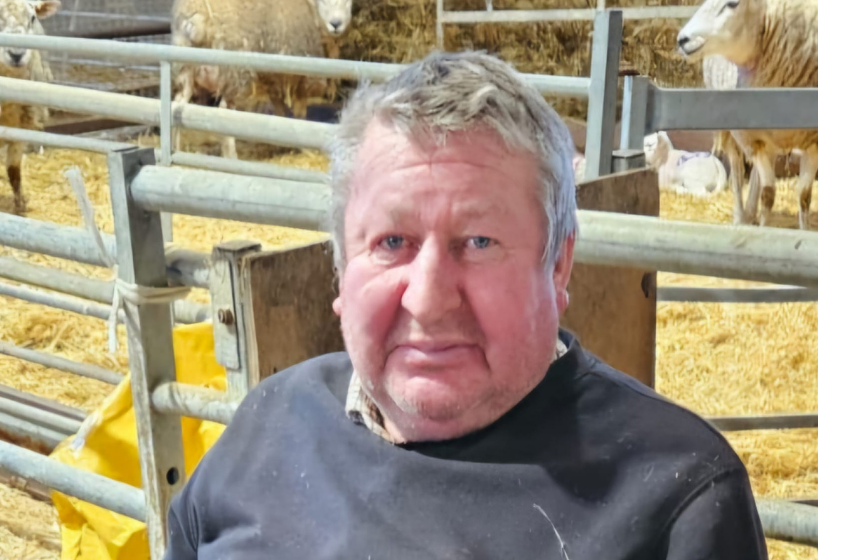Farming
HSE to visit farms as part of national inspection campaign

FARMERS are being reminded they must change their attitude towards safety as Britain’s workplace regulator readies itself for a wave of inspections in the coming months.
Inspectors from the Health and Safety Executive (HSE) will visit farms across England, Scotland and Wales as part of a push to change the culture in the industry and check for compliance with long standing legal requirements.
People on farms are 21 times more likely to be killed in a workplace accident than other sectors.
In total, there have been 161 deaths on Britain’s farms over the last five years – an average of 26 people each year. This includes members of the public and children.
The visits, from this week to next April, will focus on the main causes of death in farming, including working with cattle, operating and maintaining vehicles and falls from height.
They will also look at risks to members of the public, which often means the management of cattle around public rights of way, as well as child safety on the farm.
HSE plans to carry out 440 visits during the campaign.
One of the HSE inspectors helping organise and support the visits is Kathy Gostick, who offered the following advice to farmers:
“We will not only be checking farmers’ knowledge of risk but also making sure they understand their responsibility to themselves and others. We will look at actions they have taken to control these risks and comply with the law.”
Although, the number of deaths in the agricultural sector has fallen by around half since the early 1980s, the rate of fatalities, which is based on the number of people at work in the sector, has remained stubbornly high, much higher than comparable industries.
In a bid to reduce that number, Kathy Gostick has called for farmers to stop and think differently about their own and other peoples’ safety.
“There are simply too many tragedies in farming and it is time for that to change.
“We are committed to making workplaces safer and healthier and that includes agriculture – we will do this by highlighting the risks, providing advice and guidance, and by holding employers to account for their actions.
“This means changing attitudes towards safety – it is the only way we will reduce the numbers of people being injured or killed.
“These upcoming inspections will help drive home the message that the only way we can bring down the numbers being injured or killed is if we change behaviour.”
Alongside inspections, HSE regularly gives advice on safe practice to key industry stakeholders, including at agricultural shows. The regulator is a key member of the Farm Safety Partnership.
There are many simple actions farmers can take to reduce the key risks:
- When using and maintaining vehicles consider ‘Safe Farm, Safe Driver, Safe Vehicle’ and follow ‘Safe Stop’ and use adequate props during maintenance.
- When handling cattle ensure good handling facilities are in place and used and that you have considered protection of members of the public when cattle are kept in field with public access. See Handling and housing cattle AIS35 – HSE and Cattle and public access – HSE
- When considering working at height; avoid doing the work yourself – use a professional contractor instead. Don’t ever be tempted to use the wrong equipment – being lifted on the forks or bucket of a telehandler or fork lift truck is illegal. As is walking or working on fragile roof materials.
- When considering children on farms, try and avoid them being there in the first place and if not then full and complete supervision is required. See Preventing accidents to children on farms INDG472(rev4) (hse.gov.uk)
- Earlier this year HSE launched ‘Your Farm – Your Future’ – a campaign focused on the number one cause of fatalities in agriculture – moving vehicles. The campaign website bringing together lots of great advice on controlling the key risks.
Farming
Farm building scheme near Lawrenny given go-ahead by planners

AN APPLICATION for a storage building at a south Pembrokeshire farm, made by a family member of an officer on Pembrokeshire County Council’s planning service, has been given the go-ahead by the authority’s planning committee.
In an application recommended for approval at the July 23 meeting of the authority’s planning committee, Laura Elliot sought permission for the erection of an agricultural storage building at Tedion Farm, a dairy farm near Lawrenny.
The application had been brought to committee, rather than being delegated to planning officers, due to the family connection.
The farm, near to the Pembrokeshire coast National Park border, comprises 270 milking cows and dairy heifer replacements kept on the farm comprising land over 138 hectares. The farm is mainly down to grass and the cows are paddock grazed in order to utilise grass efficiency.
No objections had been received from local community council Martletwy.
A report for members said: “The application seeks consent for the erection of agricultural storage building. The erection of an agricultural building will be used to store stay, hay and farm machinery.
“The building would be located within the existing farm complex, to the north-east of the site, adjacent to the main farm dwelling. The building will measure 18 metres in length by 13.6 metres in width, with a pitched roof height of 5.71 metres.”
Approval was moved by Cllr Alistair Cameron, seconded by Cllr Brian Hall.
Farming
Fears dairy farm near Kilgetty could increase to 3,000 cattle

PEMBROKESHIRE planners are to visit the site of one of the county’s largest dairy farms after claims were raised a scheme for new calf buildings could lead to animal welfare issues and an increase in the size of the herd to 3,000 cattle.
At the July 23 meeting of the council’s planning committee, an application by Hugh James of Langdon Mill Farms Ltd for a calf building, weaned calf building, and associated yard areas, at Langdon Mill Farm, near Jeffreyston, Kilgetty was recommended for conditional approval.
Local community council Jeffreyston has raised concerns, made by a member of the public, on potential increased noise and odour from the scheme, planners heard.
A supporting statement, through agent Reading Agricultural Consultants, said: “The holding currently has a milking herd of approximately 2,000 cows, which are housed indoors for the majority of the year, with dry cows [cows that are not lactating, prior to calving] and heifers grazed outdoors when weather and soil conditions permit.
“There has been significant investment in buildings and infrastructure at the farm over the last decade in respect of cattle accommodation, slurry storage, milking facilities, Anaerobic Digestion (AD) plant and feed storage. The unit is efficient, achieving yields of more than 10,000 litres/cow/year, with cows being milked three times/day in the 60-point rotary parlour.”
Currently, calves are reared at Langdon Mill Farm for two months before being transported off-site to be reared at a number of third-party farms in the area before being return later; the proposed 61.2m long calf building is required to accommodate young-stock, following separation from the cows, to two-months, with the 164.8m weaned calf building to be used for calves from two months to seven months.
The application says the proposals would “clearly make the enterprise more financially robust by reducing reliance on third party farms”.
However, concerns were raised at the committee meeting by objector Ian Dennis, a former vet of some four decades’ experience, who described Langdon as occupying 3,000 acres of land with 2,000 cattle currently that “are never allowed to graze,” the proposal, he said, would add another 1,000 cattle to the site.
“This is factory farming, an intensive livestock unit, no longer a farm.”
He told planners a “mendacious and incorrect” ammonia emission report submitted by the applicants was “designed to bamboozle,” saying, despite his experience and scientific background, he needed expert support to assess.
He said only average figures were reported, rather than peaks and troughs, adding the “fictitious anaerobic digestion plant” had yet to be built, with planning permission now lapsed.
However, officers told members the applicant’s agent had said works on the digestor had actually started.
On the issue of animal welfare, Mr Dennis said he had “very huge concerns” about the scale of the development, differing from a planning officer report saying the scheme would bring animal welfare benefits.
A suggestion by committee chair Cllr Simon Hancock the application be deferred pending a site visit was unanimously backed by committee members present.
Farming
Family pay tribute to farmer, 65, who died in quadbike accident

A WEST WALES farmer has died after an incident involving a quadbike.
Dyfed-Powys Police have confirmed they attended a report of an incident involving an agricultural quadbike in a field in the Llanilar area of Aberystwyth on July 17.
The force has confirmed that a 65-year-old man died at the scene.
They said that his next of kin have been advised and are being supported by specialist officers. The HM Coroner and Health and Safety Executives have been informed.
His family have paid tribute to him. The family said: “Hugh Tudor was a 65 year old farmer who had farmed at Tynberllan, Llanilar with his wife Ann for over 40 years. He was a devoted father to Sara, Lowri and the late Gwenno.
“Hugh was the son of the late Tom and Sybil Tudor of Glanystwyth and brother to Richard.
“Farming was his life, but he also had a wide range of interests and was actively involved in all aspects of the local community in Llanilar and beyond.
“We would like to thank everybody for their support and kindness during this difficult time.”
-

 Education5 days ago
Education5 days agoMilford Tesco worker achieves Oxford dream and lands top legal job
-

 Crime4 days ago
Crime4 days agoHaverfordwest man admits having nearly 1000 child and animal images
-

 Crime4 days ago
Crime4 days agoYouth set to appear in court over serious sexual offences
-

 Crime4 days ago
Crime4 days agoPolice investigating after man injured during altercation in cemetery
-

 Education4 days ago
Education4 days agoPupils delight in ice cream treat from Pembrokeshire’s number one van
-

 Crime4 days ago
Crime4 days agoTown centre ‘stinking of skunk’ as police strip cannabis farm
-

 Crime3 days ago
Crime3 days agoFag-butt police court summonses spark debate in Pembrokeshire
-

 News6 days ago
News6 days agoProposal to give firefighters a council tax discount to go to Cabinet
































